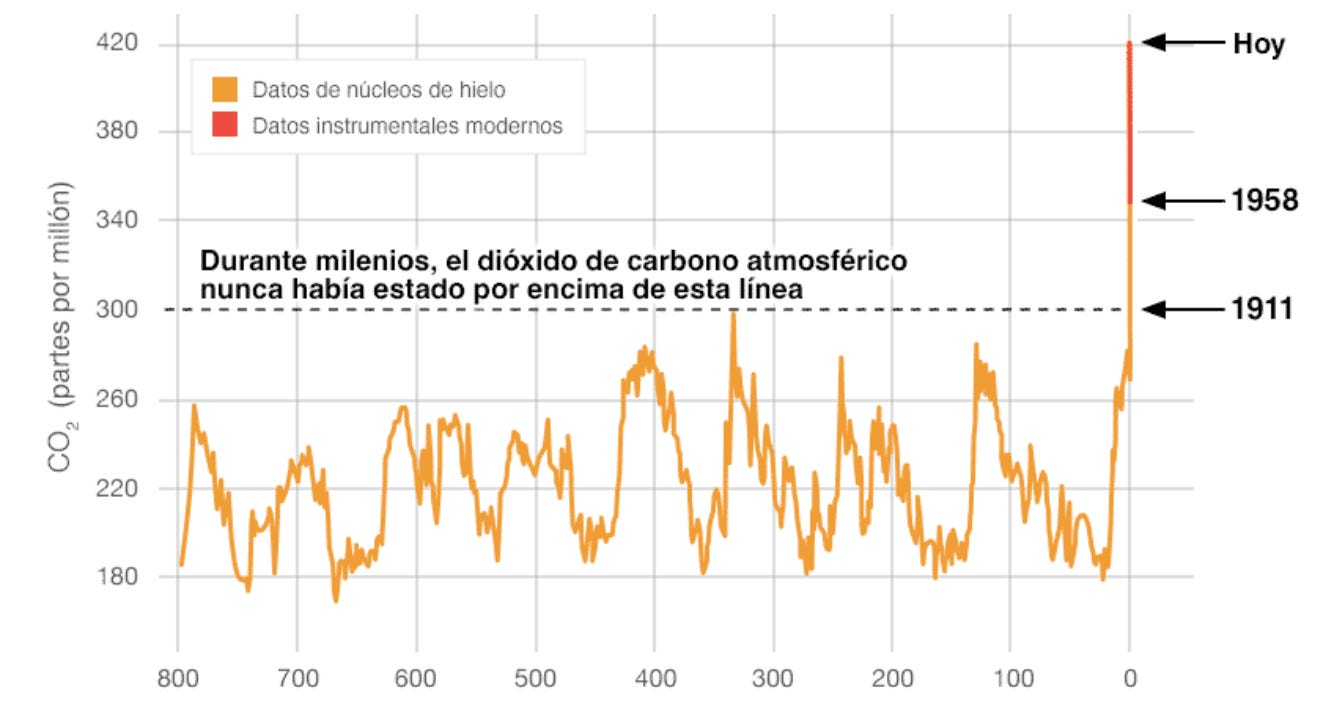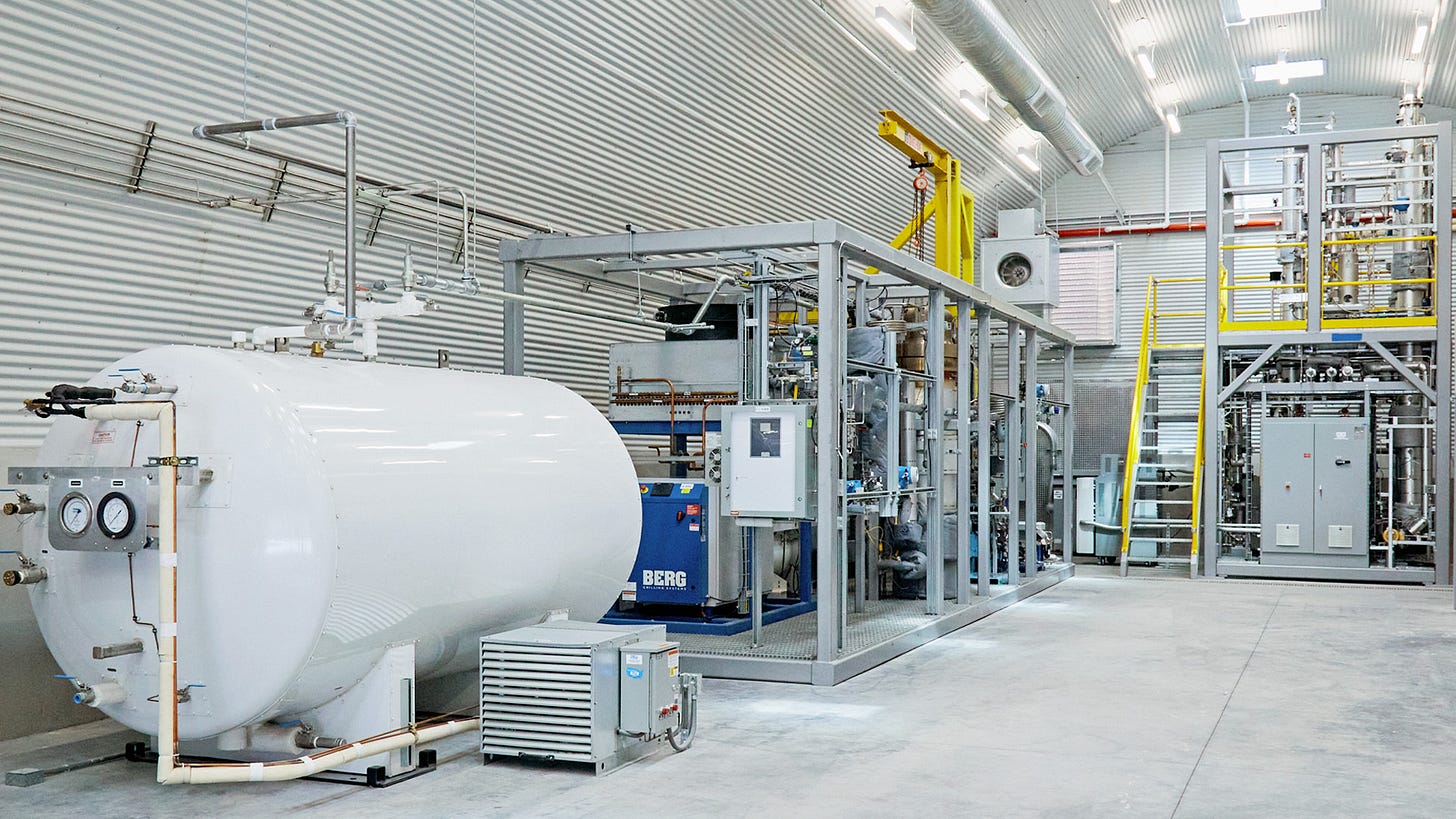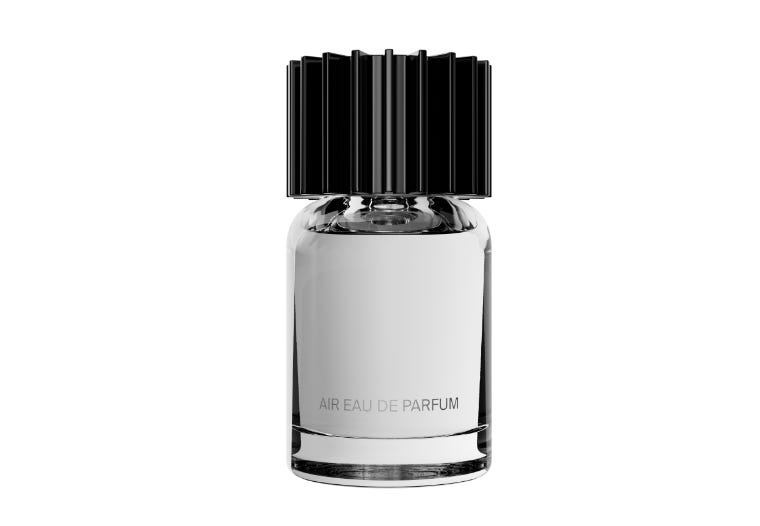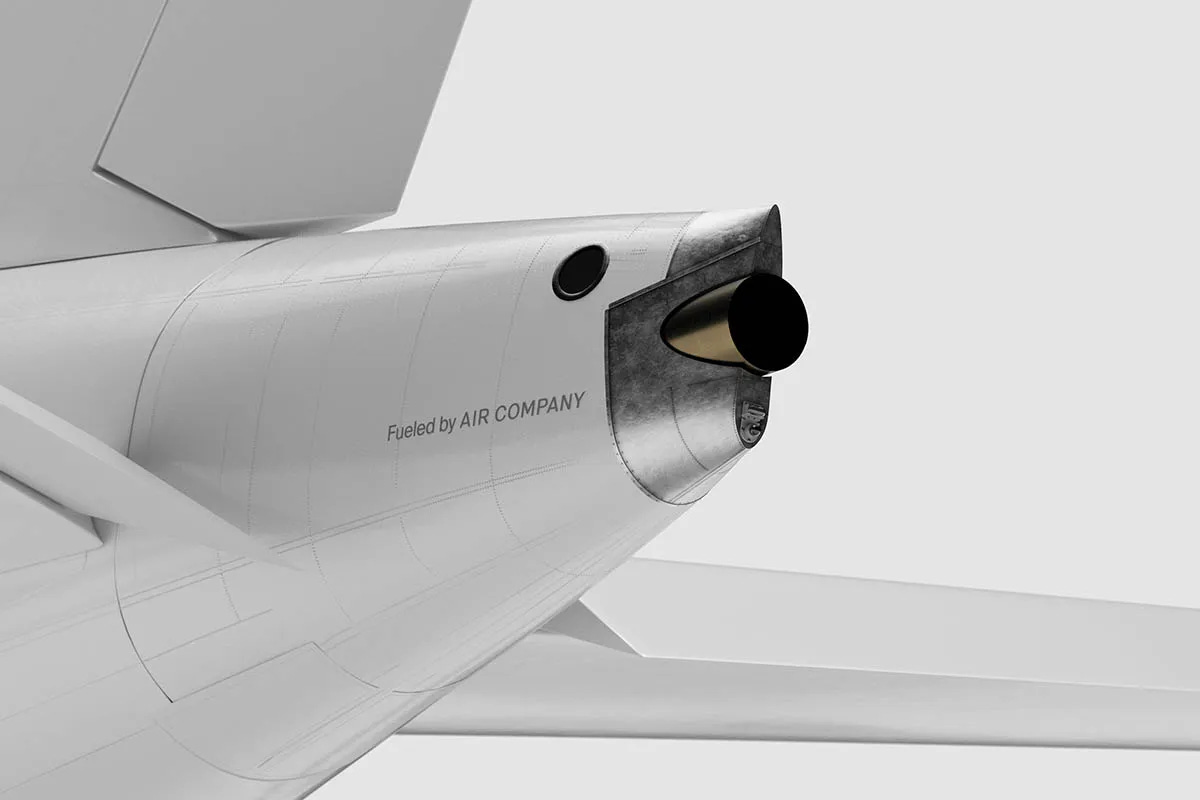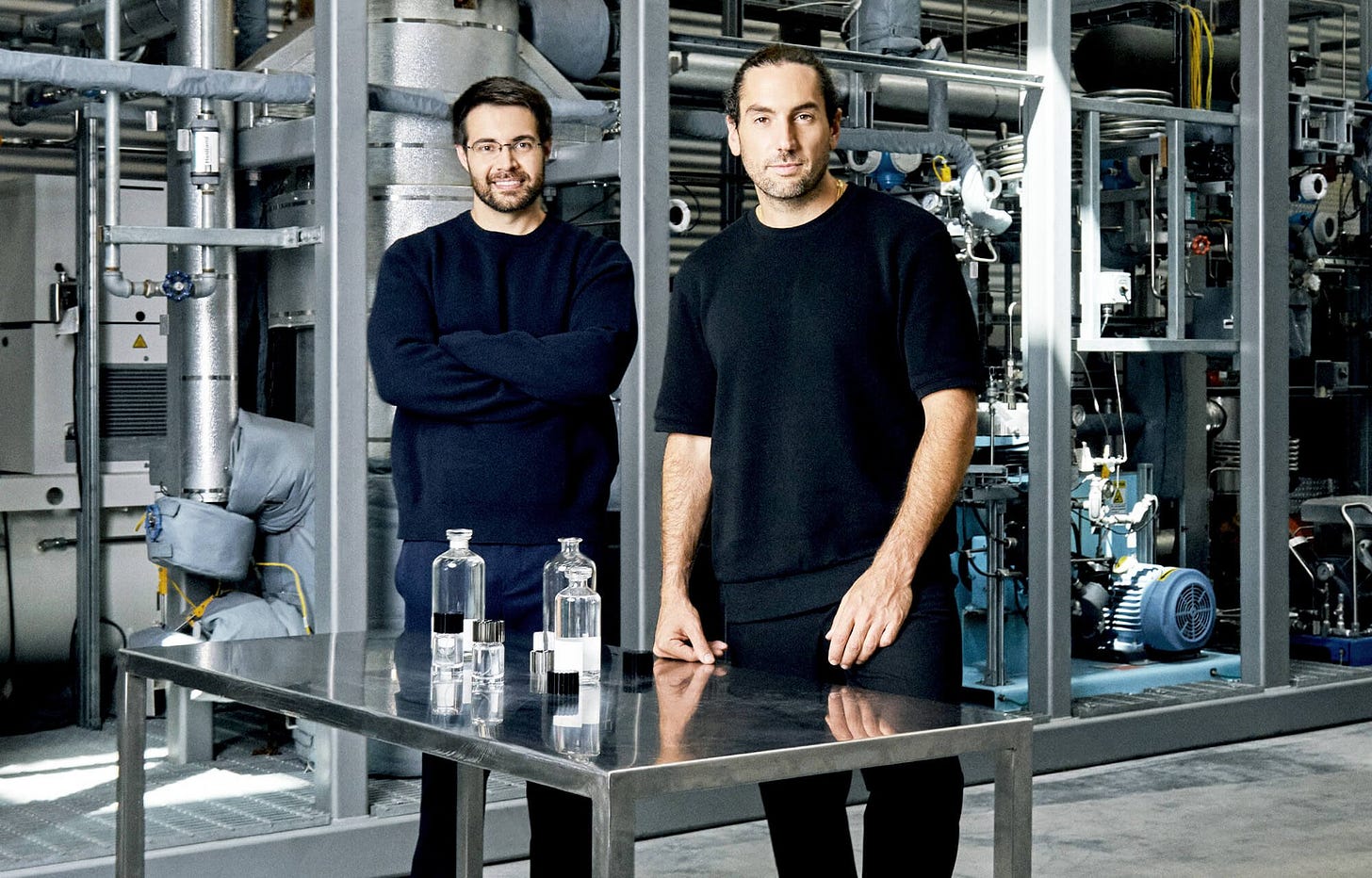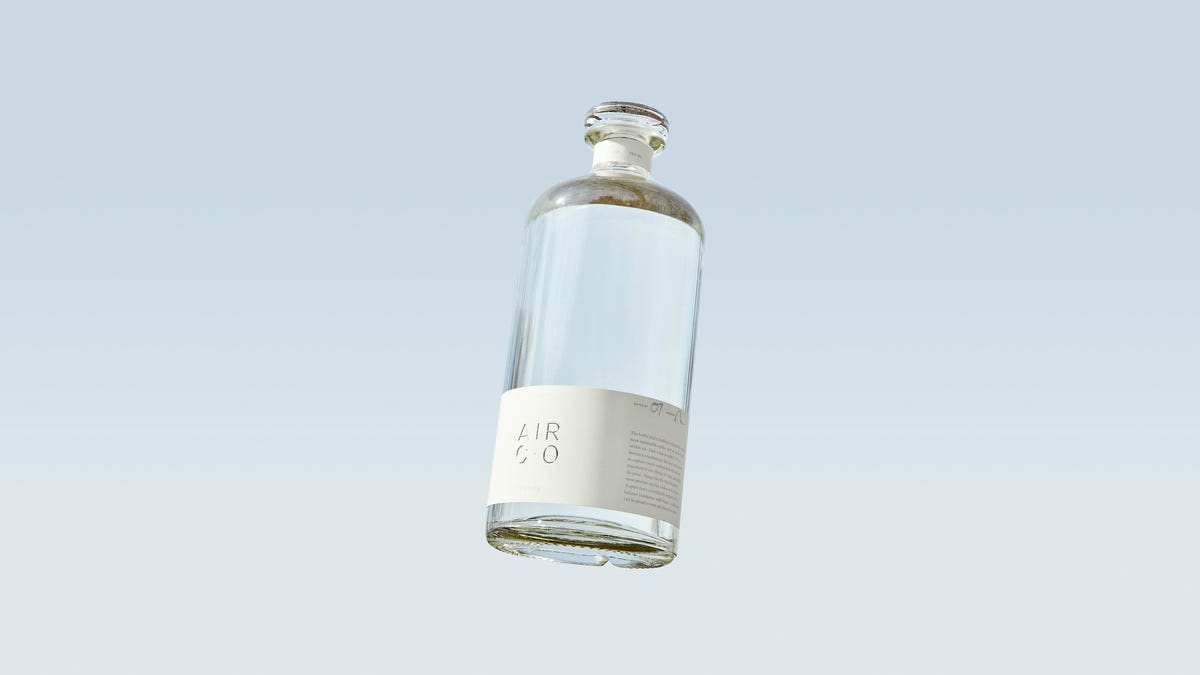#59 AIRCO
Turning CO₂ into clean fuel
Read time: 5 minutes
Hi, I’m Javi Gascón.
This is Climate Tech Distillery, a newsletter where I talk about one specific climate tech company every week.
Subscribe for free to receive my weekly articles in your inbox.
Today we’ll distill a company that’s turning excess CO₂ into carbon-negative solutions for a greener future: AIRCO 🇺🇸
Want to sponsor Climate Tech Distillery? Here’s all the info.
What Problem Does AIRCO Tackle❓
They deal with the big picture problem of excessive carbon dioxide (CO₂) in the atmosphere. Just to refresh your mind:
1. Greenhouse Gas Emissions: CO₂ is the most famous greenhouse gas contributing to climate change. We are now at 427 ppm (for the first time in 800 000+ years).
2. Carbon Footprint of Industries: Various industries, including aviation and transportation, release significant amounts of CO₂. For example, the aviation sector alone accounts for about 2.5% of global CO₂ emissions.
3. Need for Low-Carbon Fuels: There is a growing need for sustainable, low-carbon alternatives to traditional fuels to reduce the carbon footprint of industries. Traditional fuel production and consumption are major contributors to CO₂ emissions.
Product / Service 📦
AIRCO’s tech converts carbon dioxide and hydrogen into various valuable resources through their AIRMADE™ process.
They grab captured CO2 and hydrogen and make them go through a catalyst that triggers a chemical reaction. The output is a liquid that is then distilled to obtain different alcohols and fuels.
Some reasons why it’s great:
Simple Inputs: They only use waste/captured CO2, hydrogen and electricity. This ensures a reliable and resilient fuel production supply chain, less vulnerable to disruptions.
Versatile Outputs: They focus on SAF (Sustainable Aviation Fuel) but they can also produce several liquid fuels diesel, gasoline which are useful in all sorts of industries. They also used to sell vodka and eau de parfum made out of capture CO2.
Sustainable Supply Chain: The hydrogen they use is made on-site using renewable electricity, therefore its green hydrogen. The CO2 is captured from different industrial plants and the catalysts they use are not toxic and don’t contain rare Earth minerals.
They basically found a way to create super sustainable alternatives to traditional globally-used fuels and feedstocks at scale!
Market 🌐
AIRCO operates in both the carbon capture utilization (CCU) market and the carbon-negative fuels market. Both are set to grow a lot in the coming years.
The CCU market is projected to grow at a CAGR of around 20-25% from 2025 to 2030. The specific segment of sustainable aviation fuels is also anticipated to see substantial growth, driven by aviation industry commitments to reduce carbon emissions.
Other Key Players
Twelve 🇺🇸: Dounded in 2015. They make chemicals and aviation fuel by transforming CO2 through a chemical process.
D-CRBN 🇧🇪: Founded in 2021. They make carbon monoxide (CO) from CO2 by using plasma. CO can be used in many industries.
Lanzatech 🇺🇸: Founded in 2005. They use bacteria to turn pollution into fuels and chemicals. Their spin-out company Lanzajet focuses on transofmring any source of low-carbon ethanol into SAF.
Founding Story 🦄
Air Company was founded in 2019 by Dr. Stafford Sheehan and Gregory Constantine. The company's origins can be traced back to New York, where Constantine, who had moved from Sydney, met Sheehan around 2017.
Constantine, a chemist and entrepreneur, and Sheehan, an engineer shared a common goal of making the world a better place, which led to the creation of Air Company.
Their vision was to revolutionize the way carbon dioxide is used, developing cutting-edge technology to capture and convert CO2 emissions into valuable products. They started with a carbon-negative vodka called AIR Vodka. This initial product proved their ability to create consumer goods from CO2 and water. Their approach quickly became famous and TIME named it one of the 100 Best Inventions of 2020.
They are constantly evolving their product range with the goal of scaling their technology to address larger industries and environmental challenges and they have already raised $173.2 million.
Top Impact Stats 📈
1. AIRCO’s SAF has a 97% lower carbon intensity compared to conventional jet fuel. Typical SAF reduces CO2 emissions by about 80% compared to traditional jet fuel.
2. Air Company's process removes 1.5 kg of CO₂ from the atmosphere per kg of ethanol produced and uses 99% less water than corn-based ethanol production.
3. At scale and applied across all potential industries, Air Company's CCU technologies could reduce global CO₂ emissions by 10.8% by 2050.
Whenever you’re ready, there are 2 ways I can help you:
Scale and optimize your climate business: I build low-code automation systems for climate companies so they can free up time to scale their revenues and their climate impact.
Give visibility to your climate company: Get your company in front of an audience of thousands of climate players and enthusiasts by sponsoring newsletter issues and LinkedIn posts.
Thanks for reading today’s issue! If you liked it feel free to hit the ❤️ button and share it with someone who might like it too. See you next Saturday :)





